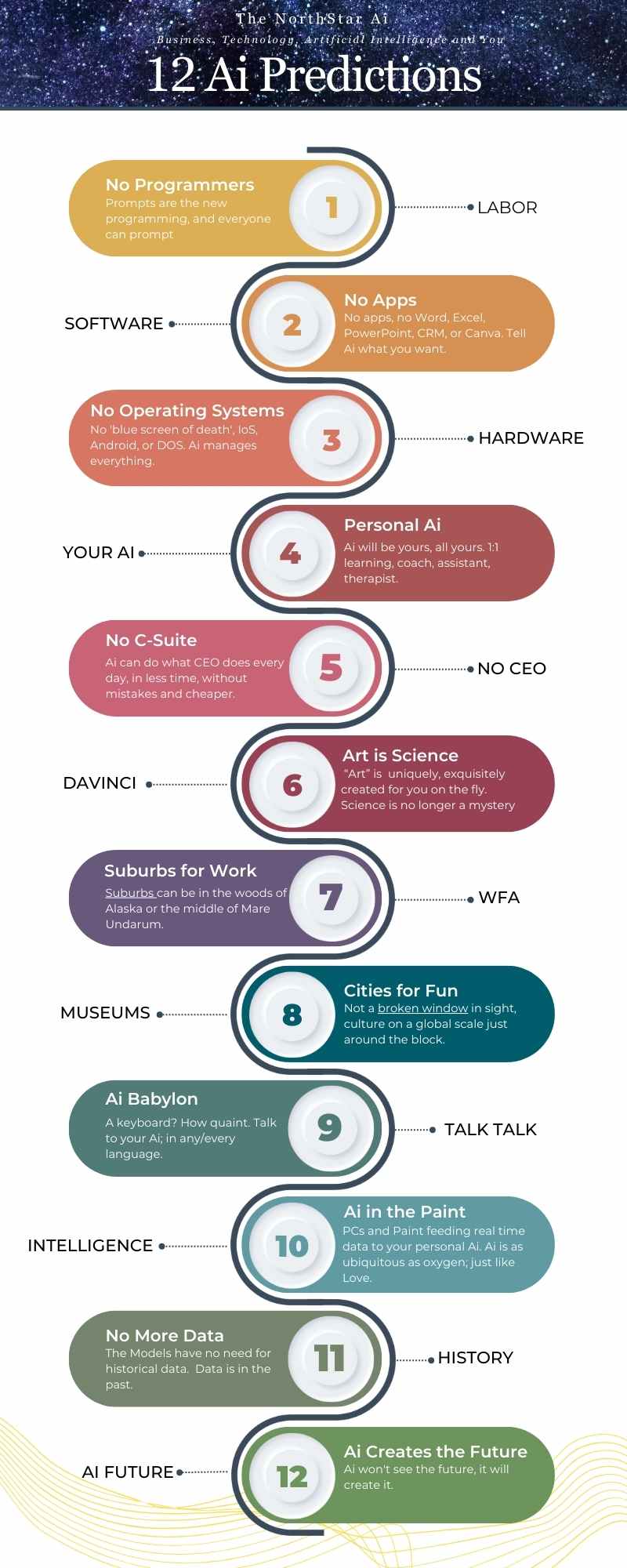|
By Greg Walters, augmented by ChatGPT
Emily's case prompts several critical reflections:
In an era where technology's prowess knows no bounds, the story of Emily Pellegrini, an AI-generated model, unfolds as a testament to the future of human interaction in business and society. Emily, a creation that has captivated the attention of celebrities, athletes, and the masses alike, represents more than just a technological marvel; she embodies the evolving dynamics of human relationships and business strategies in the digital age.
The Rise of Emily: A Virtual Phenomenon
Emily Pellegrini, hailed as the "hottest in the world," is not a living, breathing individual but an AI-generated model from Italy. Within a span of a few months, she has amassed a staggering following on Instagram, with her realistic-looking images and videos. Her creator, leveraging AI technology, crafted Emily based on the perceived "average man's dream girl," featuring long brown hair and long legs. This virtual entity has not only attracted the attention of high-profile individuals but has also generated significant income for its creator, indicating the lucrative potential of AI in the influencer market. Deception or Innovation?
The authenticity of Emily's existence has led many to question the ethical implications of AI-generated personalities. Elite soccer players, athletes, and billionaires have been deceived by her lifelike presence, extending invitations to luxurious experiences and expressing genuine interest. This phenomenon raises critical questions about the nature of authenticity and trust in the digital age. As AI continues to blur the lines between reality and virtuality, society must navigate the complexities of relationships and interactions in a world where not everything is as it seems. The Business of Virtual InfluencersEmily's success story is not an isolated incident. The rise of virtual influencers like her sister Fiona Pellegrini and friend Sarah Jordan signifies a growing trend in the influencer marketing domain. These AI-generated personalities offer several advantages over traditional influencers: they are not bound by physical limitations, can be tailored to specific audiences, and are immune to the controversies and inconsistencies human influencers might face. As businesses and brands increasingly adopt virtual influencers, the landscape of marketing and consumer engagement is set to undergo a profound transformation. The Dawn of a New Era This is just the beginning. The advent of Emily Pellegrini and her ilk marks the dawn of a new era in human interaction and business strategy. As these AI-generated entities become more sophisticated and indistinguishable from humans, the implications for society are profound and multifaceted. Legally, there is a pressing need to establish frameworks that address the creation, use, and rights of AI personalities. Socially, we must recalibrate our understanding of authenticity, relationships, and trust in a world where the line between human and AI is increasingly blurred. Adjusting to the New Reality Society needs to adjust both legally and socially to this emerging reality. Legally, regulations must be developed to govern the ethical creation and use of AI entities, protect individuals from deception, and manage the economic implications of AI in the influencer market. Socially, we must foster a dialogue that addresses the psychological and cultural impact of virtual relationships, the redefinition of authenticity, and the ethical considerations of AI-generated content. Conclusion: Navigating the New Frontier Emily Pellegrini's story is a harbinger of the future, where AI-generated entities become integral to our social and business interactions. As we venture deeper into this new reality, it is imperative for society to embrace these changes with a critical and ethical mindset. The integration of AI into our social and business fabric offers immense opportunities, but it also presents challenges that require thoughtful consideration and dialogue.
0 Comments
Your comment will be posted after it is approved.
Leave a Reply. |
Topics & Writers
All
AuthorsGreg Walters Archives
July 2024
|


